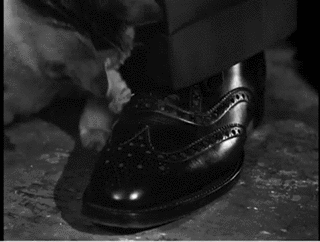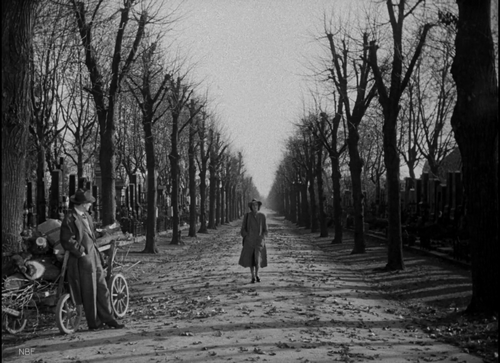From the Chicago Reader, June 20, 2003. The posthumous Schuller-conducted premiere of Epitaph, incidentally, alluded to below, is now available on DVD, and is warmly recommended. — J.R.

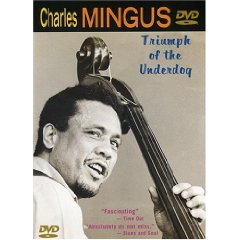
Charles Mingus: Triumph of the Underdog
*** (A must-see)
Directed by Don McGlynn.
The sheer impossibility of encompassing jazz bassist, composer, and bandleader Charles Mingus (1922-’79) in a single film limits Don McGlynn’s ambitious 1997 documentary, Charles Mingus: Triumph of the Underdog, from the outset. Which doesn’t mean you shouldn’t see it — it’s playing at the Gene Siskel Film Center, and Mingus’s second wife, Celia Mingus Zaentz, will lead a discussion after the June 27 screening — but if you don’t already know something about the man’s music this may not be the ideal place to start. I’d recommend instead one of his best early albums — The Clown, Tijuana Moods, East Coasting, Mingus Dynasty, Charles Mingus Presents Charles Mingus (the best one with Eric Dolphy), or Mingus at Monterey.
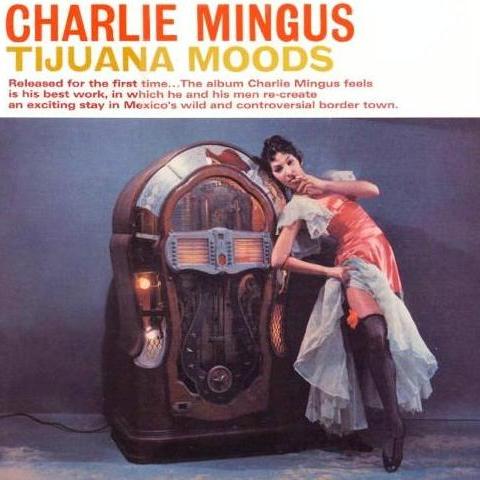
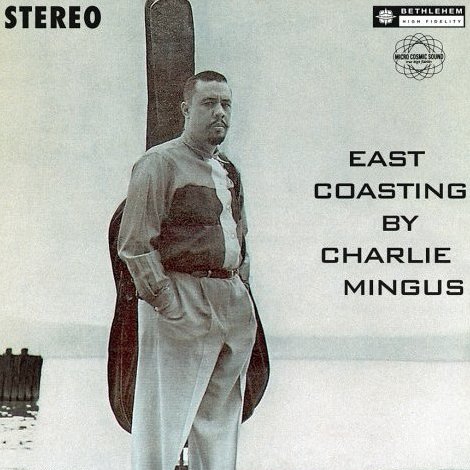


No single book has succeeded in doing full justice to Mingus either. Maybe it’s because he had a genius for straddling musical categories such as traditional, modern, avant-garde, jazz, and classical (as Gunther Schuller points out in one of this film’s interviews, Mingus studied Arnold Schoenberg’s music in his teens, during the 30s, when few people here were familiar with it). Read more
From the July 30, 1999 issue of the Chicago Reader. This is also reprinted in my book Discovering Orson Welles. In retrospect, I clearly should have given this movie four stars. — J.R.
The Third Man
Rating *** A must see
Directed by Carol Reed
Written by Graham Greene
With Joseph Cotten, Alida Valli, Orson Welles, Trevor Howard, Bernard Lee, Wilfrid Hyde-White, Ernst Deutsch, Siegfried Breuer, and Erich Ponto.
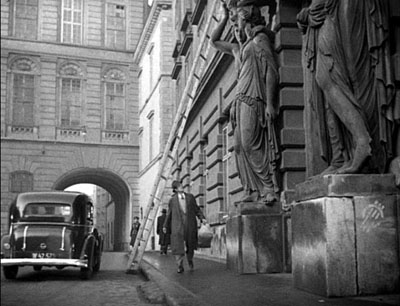
Ironically, the most successful and beloved movie Orson Welles was ever associated with — and the one that may have had the most significant effect on the remainder of his career — has not been one of his own. Admittedly, Citizen Kane has more prestige, but that’s a relatively recent development; for the first quarter of a century after it was made, it was criticized as “uncinematic” in the few standard works of film history available, such as The Liveliest Art and The Film Till Now. Instead it was The Third Man (1950) that was most often cited with pleasure when Welles’s name came up. “Didn’t he direct that?” was something I used to hear a lot. Today I hear “Didn’t he direct at least some of the scenes?” Read more
IL CINEMA RITROVATO
DVD AWARDS 2011
VIII edition
Jurors: Lorenzo Codelli, Alexander Horwath, Mark McElhatten, Paolo Mereghetti, Jonathan Rosenbaum, Peter Von Bagh.
BEST DVD 2010 / 2011
Segundo de Chomón 1903-1912 (Filmoteca de Catalunya [ICIC]/Cameo Media s.l.) EL Cine de La Fantasia. A production by Cameo and Filmoteca Catalunya.
The first edition of a long awaited series devoted to the great Spanish master of magic films, hand coloring and technical special effects. Offering 114 minutes of 31 astonishing titles, complete with a 111-page tri-lingual book containing an informative essay by Jean M. Minguet and credits on each film and the 12 different archives that provided restored prints. (http://www.cameo.es/portal/tabid__13173/consulta__De%20Chomon/default.aspx)
BEST SPECIAL FEATURES (BONUS)

The Night of the Hunter (Criterion: www.criterion.com)
For the invaluable and detailed film record of Charles Laughton directing his only feature, drawing from the more than eight hours of outtakes discovered by Bob Gitt and including fascinating rehearsals in which Laughton acts out some of the roles himself.
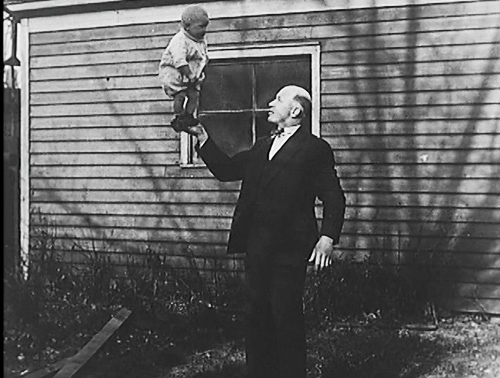
MOST ORIGINAL CONTRIBUTION TO FILM HISTORY
Orphans 7 – A Film Symposium (New York University’s Orphan Film Symposium, www.orphanfilmsymposium.blogspot.com)
For bringing to the attention of DVD watchers a rich and fascinating area of film history: so-called “ephemeral” films, including amateur films, activist filmmaking, industrial films, etc., Read more







